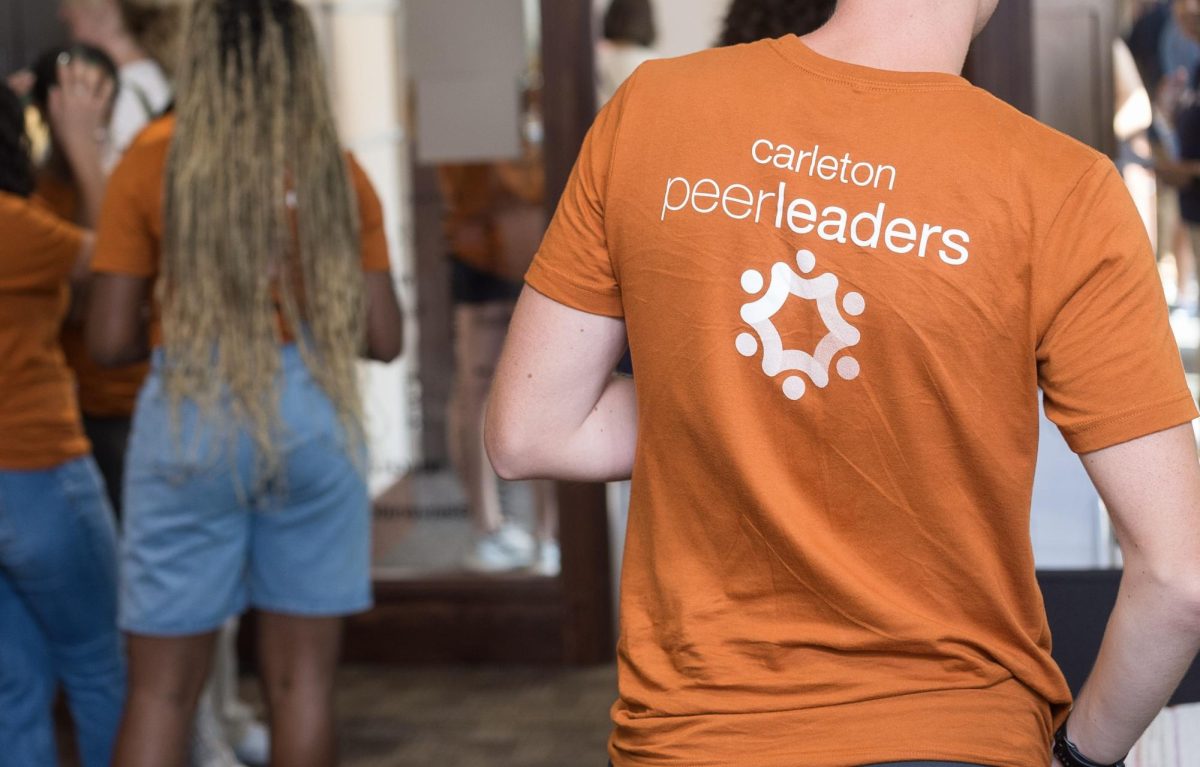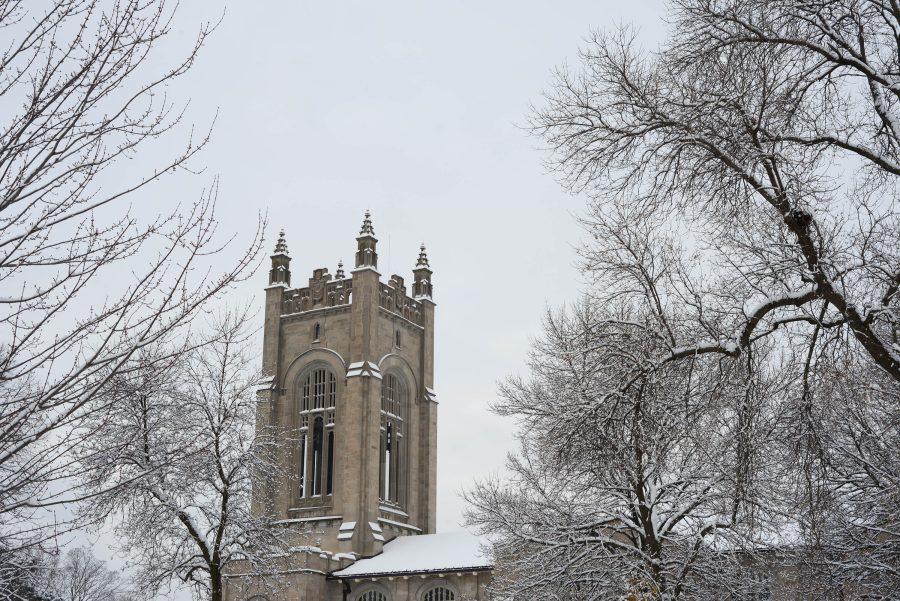This school year brings an exciting new change to Carleton’s environmental and community initiatives: the revamping of what was once known as Clothing Connection into this term’s Clothing Recovery Network.
Why the changes? According to Erica Zweifel, Temporary Associate Director of the CCCE, clothing collection at Carleton used to be “more random. I would get contacted by facilities to empty the clothing recovery bins.” According to Zweifel, the program is now more coordinated and organized.
A key difference between this year’s Clothing Recovery Network and the past’s Clothing Connection also pertains to the program’s focus and scope. In years past, the organization had taken clothes up to the Twin Cities for donation, but according to Andrew Farias ’21, CCCE Fellow and supervisor to the Clothing Recovery Network, “Students were asking, well, should we be driving to the cities? Should we be spending those fossil fuels? Is there a community need in Northfield?”
The organization found that there actually exists a need for clothing donation in Northfield and on the Carleton campus itself, and that it countered the initiative’s goals to expend the fuel needed to get to the Twin Cities. Thus, the revamping acts not only as a way to increase coordination and organization, but also as a way to increase sustainability at Carleton and tackle issues in the community.
“I see it as a way for Carleton to not just throw things away, of building a cyclical network of environmental responsibility—not just for the environment, but for the community as well,” said Farias. “We have a very wasteful society.”
This year’s Clothing Recovery Network also attempts to be “more intentional about where the clothes go,” said Zweifel. The network performs more sorting of clothing after students donate to bins in the laundry bins of each dorm. The Clothing Recovery Network partners with the Northfield Clothes Closet as well as the GSC’s QT (Queer and Trans) Boutique, which Farias said, aims to “provide students with clothing that traditionally may be masculine or feminine or that they may not have access to.” Northfield’s Clothes Closet provides a great outlet for all types of donated clothes, as it works with a fabric partner that accepts soiled and ripped clothing.
However, although the revamped organization has made a great impact already, challenges still exist. “This program seems pretty simple because we just collect clothes,” said Ayaka Moriyama ’22, one of the students spearheading the revamped organization, “but we need the large community to help facilitate the process,” including understanding of the organization and willingness to contribute.
Farias added that the organization needs more publicity and clarification of the organization’s aims and donation requirements. Some people donate items that they do not collect. “Like mirrors. That’s not a clothing item.”
Moreover, as the Clothing Recovery Network is completely different than what it once was in the form of Clothing Connection, the students working on it are starting from scratch and found it difficult to acquire knowledge on how to run the program. “Last year, the previous directors were seniors,” said Moriyama. “We just lost communication with them halfway through the year.”
“There was no transfer of information,” added Farias. “We’re now using Google Drive. That way the knowledge stays there.”














